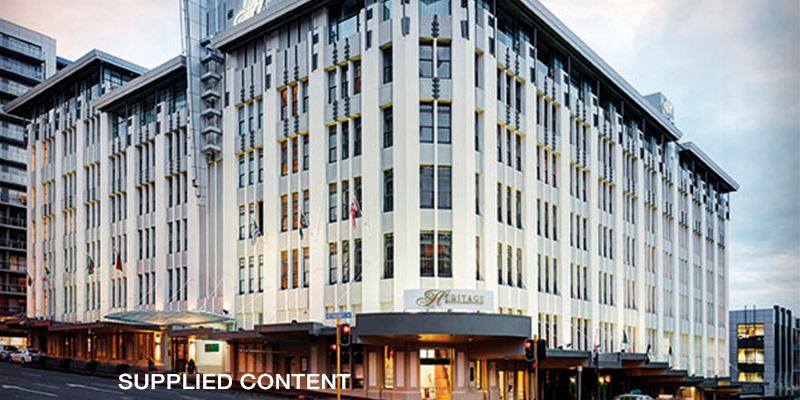Where’s your centre?
What you centre your business around makes the difference in whether or not you are future-proofing your organisation. Marisa Fong and Galia BarHava-Monteith EXPLAIN.
What you centre your business around makes the difference in whether or not you are future-proofing your organisation. Marisa Fong and Galia BarHava-Monteith EXPLAIN.
Have you ever asked yourself, “What do I centre my business on?”
Is your business centred on you? Or is it centred on your products or the services you offer?
At TBC we believe that what you centre your business around may make the difference in whether or not you are future-proofing your organisation.
Last century, most business and organisations were centred on systems and processes, or on the products they produced. Given that scale is integral to growth, many businesses achieved scale through standardising and streamlining their systems and processes. Achieving consistency and stability was key. In a predictable world customers had to accept what they were given. Employees had little choice and had to fit in with what employers were looking for – there was little, if any, adaptation to a talent’s personality, unique skill-set or preferences.
This of course to some extent is still the case with many large organisations, but it is quickly and rapidly changing.
Take music for example. As early adaptors of technology we loved Apple music, purchased the first iPods (remember them?) and switched our purchasing habits from buying whole CDs to just buying the songs we liked on iTunes. We thought that was great: only buying songs we liked, not the whole CD. We also thought Genius was great in its ability to match the music we liked with the suggestions it made for us to purchase other music.
But then came Spotify. With Spotify, our music experience is now completely centred on us – all of a sudden we experienced a music service that is 100 percent focused around our music preferences. With its machine learning, Spotify premium suggests music that is not only exactly on-point to our taste in music, but may also be from an artist we’ve never heard of and is now a great favourite. Spotify has also made our music listening experience so much more social. Gone are the days when we ‘burnt CDs’ with our favourite songs for our friends (or to those who still remember, made tapes). Spotify enables us to share our lists with our friends, and theirs with us. It also tells us when artists we like are performing nearby.
By being centred on us, music lovers, Spotify is now replacing so many other music-related services that were focused around the product or service they were designed to offer.
Increasingly, and perhaps without even noticing it, we have grown used to services and products being centred on us. We no longer tolerate long and cumbersome, system-centred processes, especially from services that charge us a hefty premium.
We expect them to know our preferences, as customers, consumers and even employees.
We expect that with all this ‘Big Data, artificial intelligence (AI) and machine learning, these companies should know what we like and what we might like.
We’re looking at you Netflix, and asking when Sky can tell us about new shows we will enjoy watching based on our viewing preferences – rather than getting us to do all the hard work.
Time to focus on customer preferences
So what does that mean for you? By asking this very simple question, “where is your centre?” you might be able to re-frame the way you are doing things so that your customers will see you as changing and evolving around them and their preferences.
Given that CRM has now been around for a very long time, most businesses should have a good idea about their top customers’ preferences. Even if you don’t have AI at your fingertips, looking carefully over the data you do have will put you in an excellent position to offer these top customers/clients services and products that are tweaked in such a way that they will be experienced as being centred on them.
The next time you put a proposal to a long-standing client, you should use the data and the language that clearly communicates this message. Being told that a service provider is adapting to meet your needs as a client is a very powerful experience, one that generates loyalty and builds brands.
And what about your staff? Your top performers? They too are becoming used to being offered roles that are centred to a greater extent around their talents and preferences. These kinds of roles are not only enjoyable, they also enable these top performers to achieve to their full capacity.
Being employee-centred could mean that rather than sending your top staff to ‘one-size-fits-all’ leadership programmes, you and your talent managers can tailor leadership experiences around what matters to your top talent.
In any case if your organisation is centred on what works for you, your tried-and-true processes and products, chances are that there is a disruptor who can offer everything you do at the same price (or cheaper) and centre it on the same customers.
Who do you think the customers will choose?
If this is something that you’d like to work towards, then contact [email protected] and we’ll be in touch with our next workshop date. Galia Barhava-Monteith and Marisa Fong are co-owners of TBC Partners.
(www.tbc.partners)




